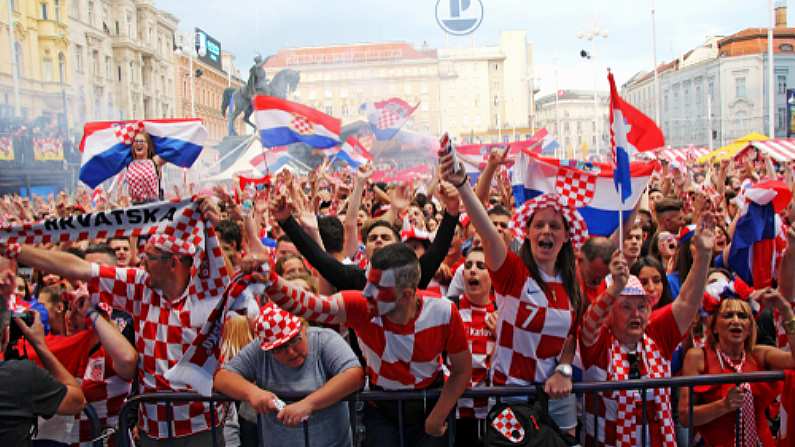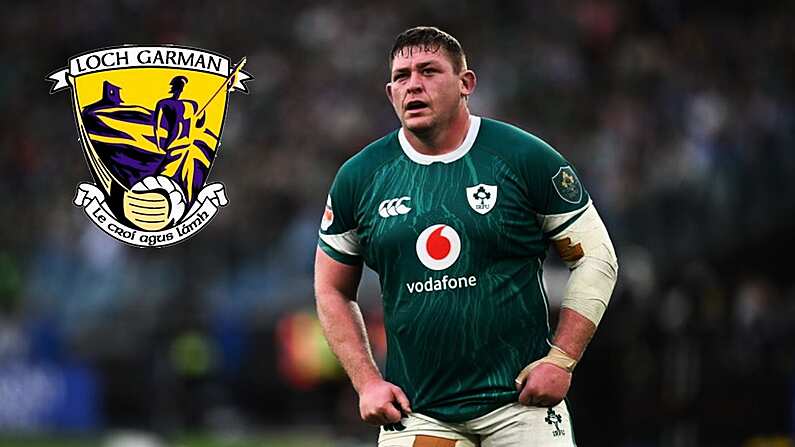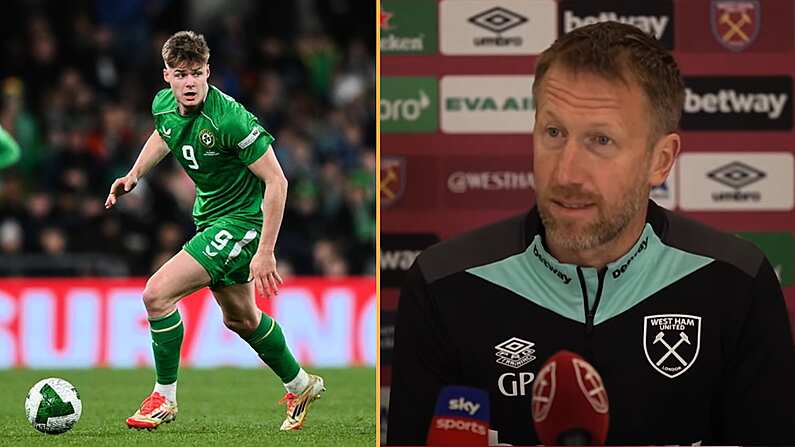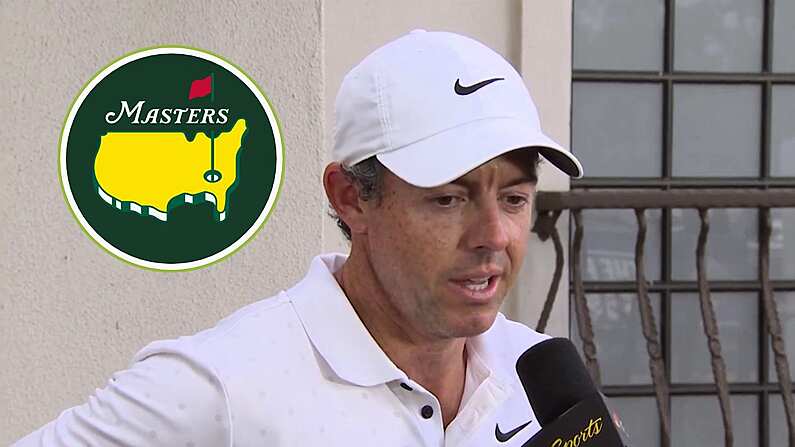In Zagreb tonight, it is insanely loud. Traffic is tailed back up everywhere. People are hanging out of cars, waving flags. People are hanging out of car boots, waving flags. Everyone seems to have an airhorn. Everyone seems to have a flare. Everyone seems to have a flag. Some people have flags that are bigger than large garden plots.
Zagreb right now https://t.co/PMXxhg1EzC
— Balls.ie (@ballsdotie) July 15, 2018
If you landed in Zagreb tonight, you’d have no idea that Croatia lost the World Cup final to France. Euphoria has swept this and many other Croatian cities this evening, once their team was relieved of the burden of having to win a World Cup final. Losers of World Cup finals are forgotten almost instantly - has anyone asked the Dutch how they are coping with losing the 2010 World Cup final, or how the Argentines have dealt with events from four years ago?
Countries of four million people do not compete in World Cup finals. And so there is no blueprint for countries of four million people trying to make sense of losing World Cup finals.
When you’re a nation that’s younger than Zac Efron and you lose a World Cup final on somewhat dubious grounds, how should you react? Should you smash windows and turn cars over? Should you wail to the football gods as if you're the victim of a cruel joke?
Both seem like logical reactions.
Instead the Croatians are celebrating tonight, celebrating for their lives. Croatia’s journey to the World Cup final has been emotionally sapping. Fortune and fortitude took them farther than 30 other teams. What swept the entire county tonight was a sense of tremendous release.
It was a gloomy, soggy morning here. We took a trip out to the Maksimir, home ground for the Croatian team and Dinamo Zagreb. The stadium was like a microcosm of Croatian football. A ground teeming in history and potential in blatant disrepair. On the way into the stadium, we walked up broken escalators, past empty office spaces and windows covered in graffiti and caught a glimpse of a pitch that was resplendent and in ruin.
But by 2pm Zagreb was ready. The massive statue of Josep Jelacic in Ban Jelacic square was covered in the world’s largest picnic blanket. The world’s media was here in case the impossible happened. Imagine if all of Dublin - from Stoneybatter to Ballsbridge - was invaded by everyone from Mayo on All-Ireland Sunday. That’s the closest Irish parallel I can come up with. Croatia's capital pulsed with wild hope.
Sadly, the match had to kick off and ruin things.
In real time, the Croatian supporters experienced the four French goals in complete, almost stunned silence. When the referee awarded the controversial penalty that swung the momentum once and for all in France’s direction, there was no bleating, no wailing against technology. Just silence.
Except for after Pogba’s goal to make it 3-1 - one woman shouted vitriol at the TV screen. That was it.
At the full time whistle, there was clapping and half-hearted chants and a few flares were lit in anger. But when Luka Modric was awarded the Golden Ball, a realisation seemed to dawn on all Croatians. They hadn’t won the ultimate prize but their talisman had been recognised for his enormous contribution to this tournament. In a way, they had as well. It was a gesture that said Croatia were also winners of this World Cup.
Zagreb is going nuts after Croatia lost the World Cup final https://t.co/rRmXrn9RXP
— Balls.ie (@ballsdotie) July 15, 2018
The honking started soon after and it has not stopped since. Tonight I’ve seen decommisioned military vans carry 12 flagwaving Croatians in tow, and I’ve seen fans chasing after it. The queues in bars are obscene. So many terrible songs are being sung. Everyone in Zagreb is wearing read and white tonight. This country beat Russia and it beat England and even if those countries are just average at football, they are old, unwieldy nations who’ve given civilisation great novels and great wars.
This past month, Croatia supplanted these countries and so many others. They may never be back on the last day of the World Cup, and the people of Croatia were keenly aware of that and celebrated accordingly.
What it must be like to be from a country who had this to celebrate.











